Is E-Recycling Better for the Environment?
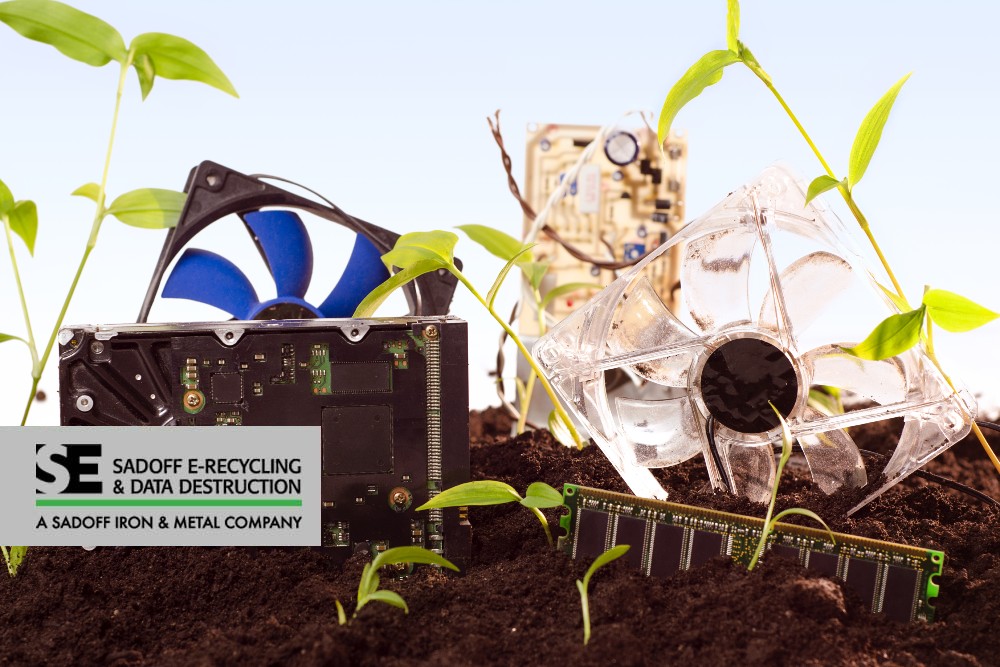 12
12 Sep
This may sound like a simple if not silly question. Recycling is always better for the environment, right? Though we would like to think that is the case, the truth is often a little more nebulous and difficult to grasp. The short version is, yes, e-recycling is better for the environment when it is done right. But let’s explore that issue in more detail.
When Can E-Recycling Be Bad For the Environment?
At Sadoff, we are always preaching about proper e-recycling processes and practices. That’s why we take our certifications so seriously. The truth is, there are a lot of bad actors out there that will gladly tell you they are properly e-recycling your equipment and electronics. They may even do it for a cheaper price than other companies like Sadoff, but the truth is much more nefarious.
What Do Bad E-Recyclers Do With E-Waste?
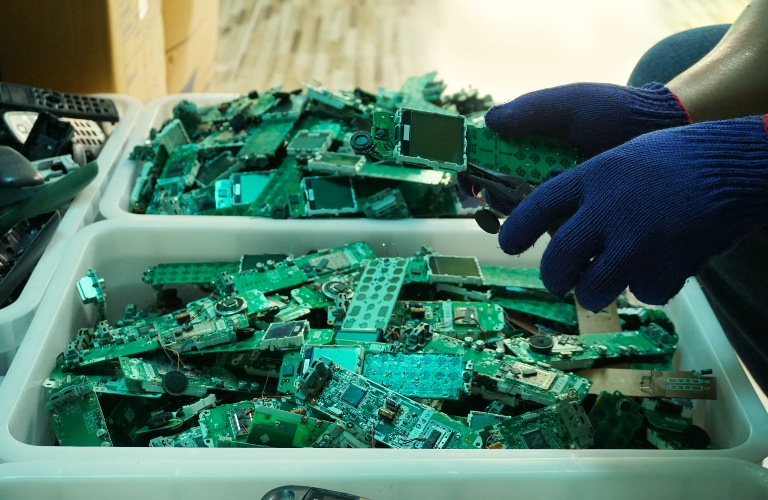 Most will ship their e-scrap out of the country. This is sort of a legal gray area, but it happens every day with tons and tons of e-scrap. There’s a reason that practice is in a legal gray area too.
Most will ship their e-scrap out of the country. This is sort of a legal gray area, but it happens every day with tons and tons of e-scrap. There’s a reason that practice is in a legal gray area too.
What happens to e-waste that was shipped overseas is nothing short of terrible. Instead of following proper practices that will eliminate harm to the environment, e-scrap, especially cabling, is often burned. It sounds like a total waste, but it’s a quick way to get to the valuable metals and burn away everything else.
Everything else means plastic and rubber, all things that give off toxic gasses and leave behind a toxic residue. Not to mention, any heavy metals like mercury might also boil off and enter the atmosphere in the process. This is not just bad for the environment, but the people who do it will typically lead short lives if they do it for too long.
This practice is arguably worse for the environment than just mining new materials. In other words, when you trust in uncertified e-recyclers, your e-recycling decision may be worse than doing nothing.
Prevent Recycling Fires: Safely Dispose of Used Batteries
The Better Way to E-Recycle
If you want to make sure that your e-recycling efforts are for the better, then you should work with certified e-recycling facilities. The certifications that you should be looking for include R2 as well as ISO 9001, ISO 14001, and ISO 45001. These are all certifications that Sadoff has.
With the process that we follow, you can be sure that all of your electronics are properly recycled and that no toxic chemicals are entering the atmosphere, water, or soil. We properly e-recycle all the e-waste that enters our facilities including the hard drives, which is another important point.
How Should Hard Drives and Data Devices be Handled Differently?
Hard drives and data devices are electronics like anything else, and they should go through the same processes but with an additional twist. The data that’s on those devices needs to be looked after and properly destroyed. You don’t want a data breach on your hands. We offer three types of data destruction including physical destruction which ensures that your data doesn’t have a chance to get stolen. Unlike e-recyclers who might just ship those hard drives overseas to be “e-recycled” with everything else, we are an i-SIGMA Member and that means we will treat your data destruction with care.
Read More: What Will be the Most Likely Causes of Data Breaches in 2024?
Get a Quote on Our E-Recycling Services Today!
If you want to explore your e-recycling options with us, then please reach out to us right away. We can provide a quote and give you the peace of mind that you need and deserve.
Categorized in: Electronics Recycling



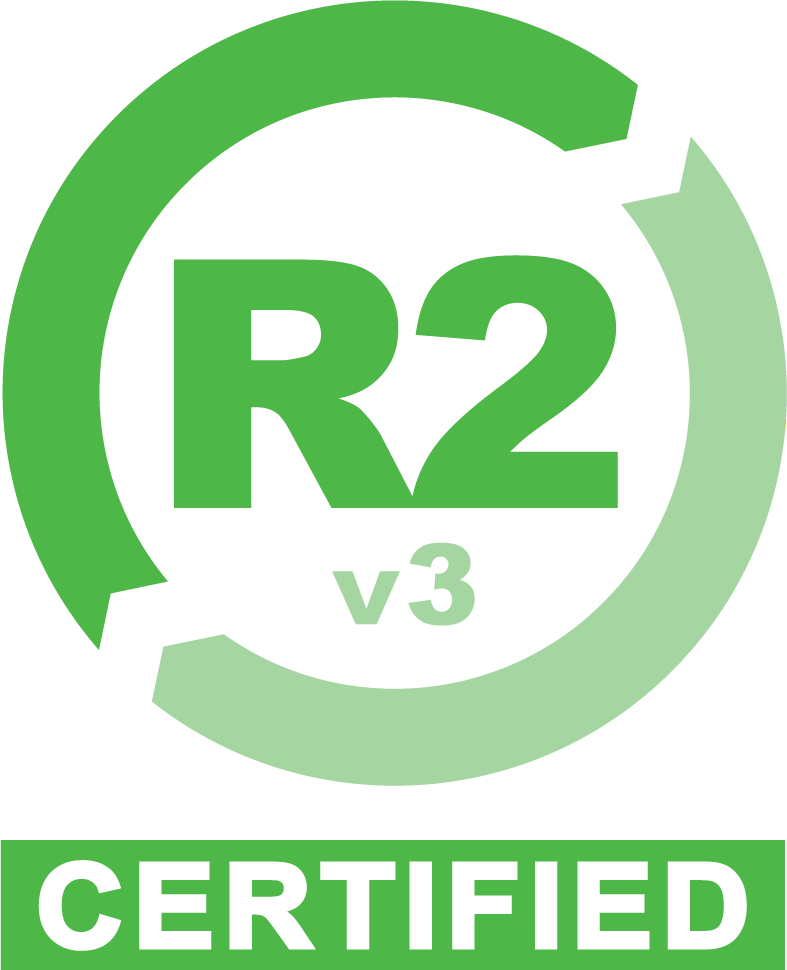
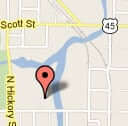 Google map directions
Google map directions
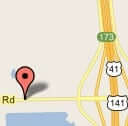 Google map directions
Google map directions
 Google map directions
Google map directions
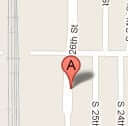 Google map directions
Google map directions
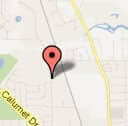 Google map directions
Google map directions
 Google map directions
Google map directions
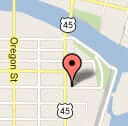 Google map directions
Google map directions